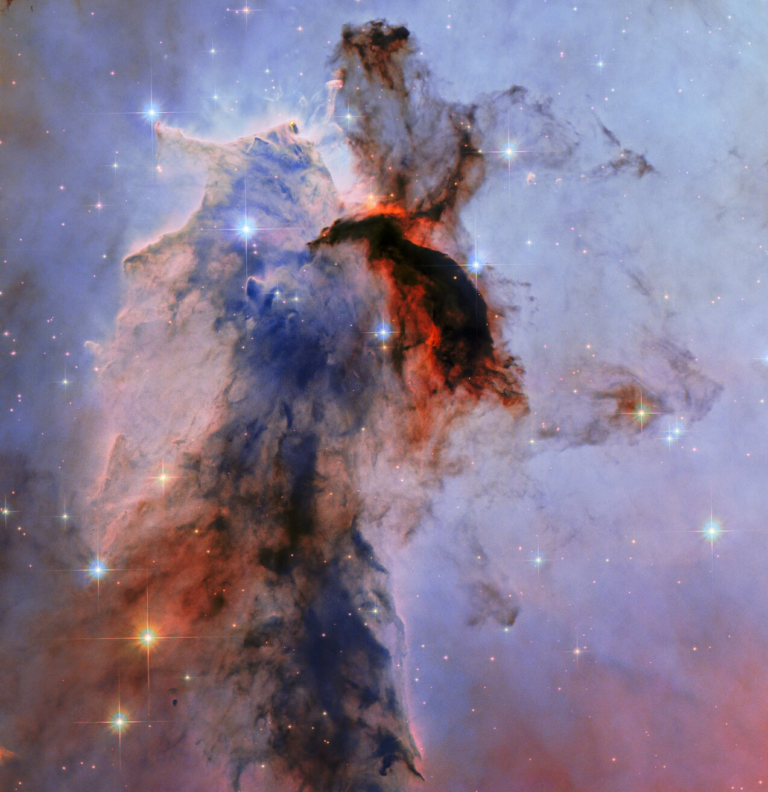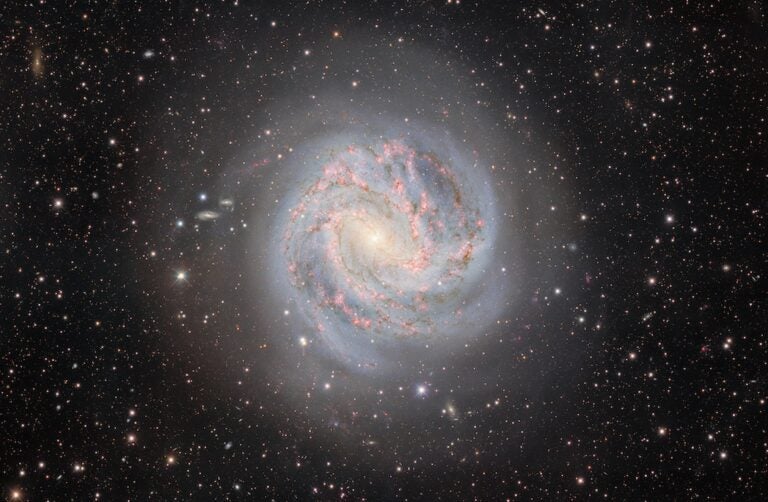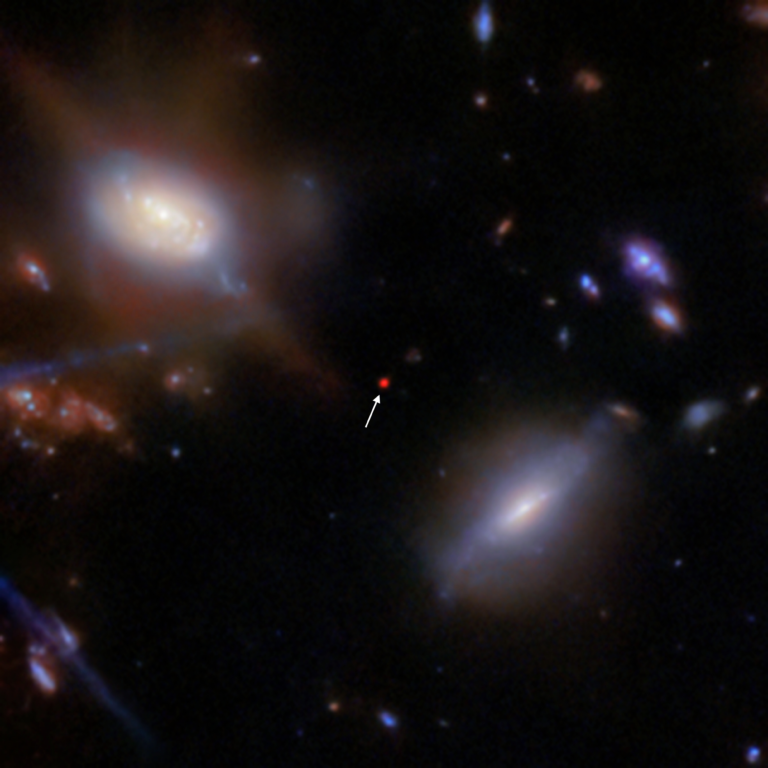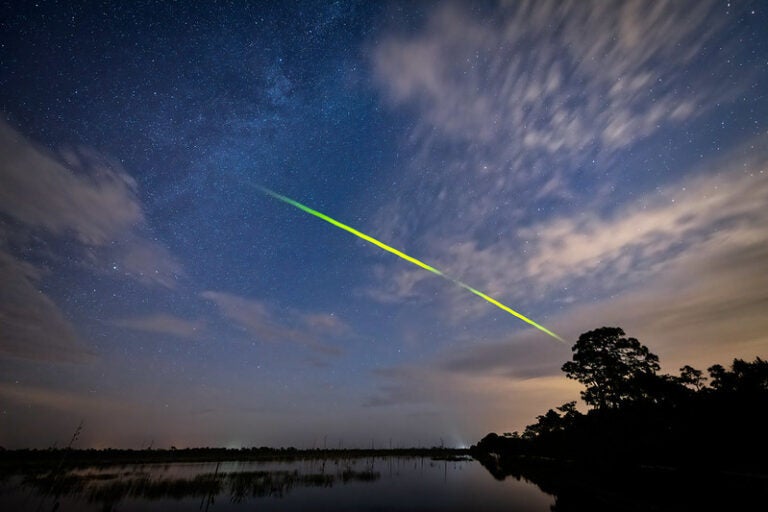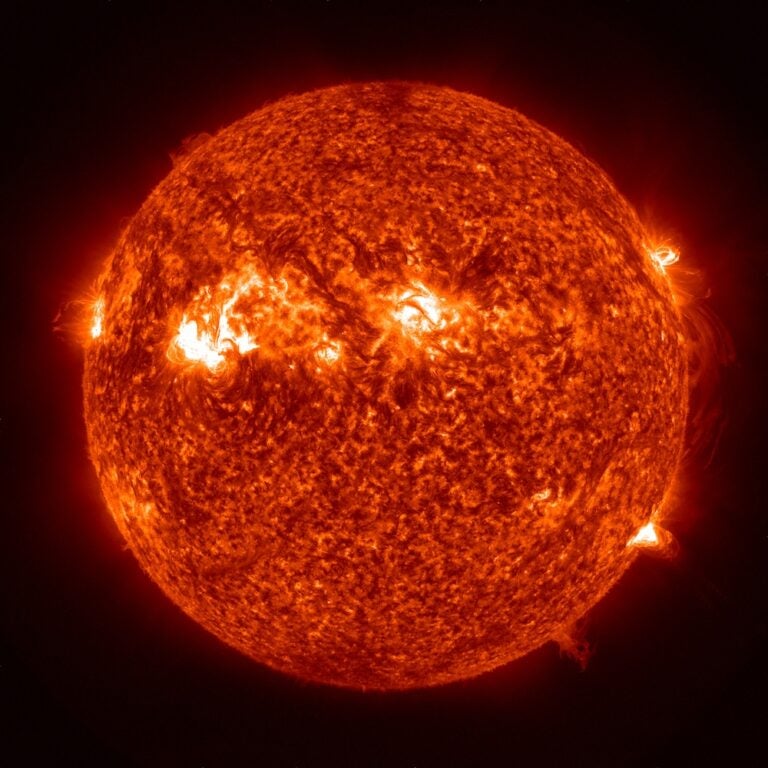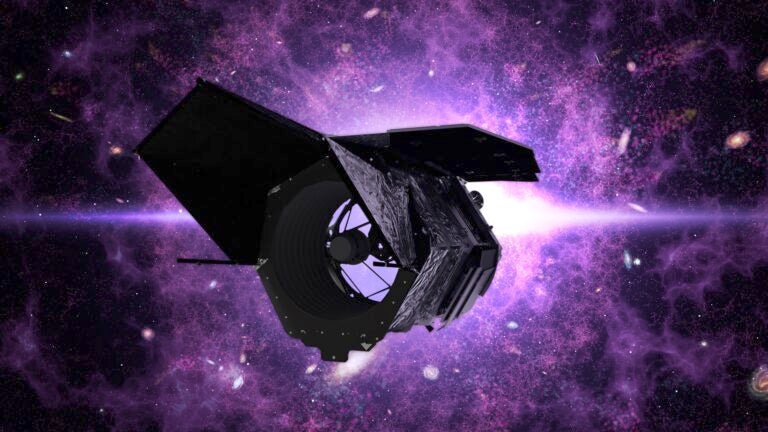Things become more complicated when you consider the expansion of the universe. Indeed, some “absolute” laws become less absolute. For example, today the observed temperature of the cosmic microwave background — the “echo” of the Big Bang — is very low, just a few degrees above absolute zero. The light that makes up this background comprises low-energy photons.
Yet, many billions of years ago, those same photons had much higher energies. Where did that energy go? The common explanation is that as the universe expanded, it “stretched” the light’s wavelength, reducing its energy. If you think this is a roundabout way of violating conservation of energy, you are correct. In Einstein’s theory of general relativity, there is no simple notion of keeping constant a particular number associated with a physical system’s energy.
A more complicated notion is called “conservation of stress-energy.” Stress-energy is not a single number, but rather a collection of 16 numbers. This complicated series replaces the simpler Newtonian notion of “conserved energy.” Conserving this new series of sums can violate the much more approximate Newtonian conservation laws. — Simon Dedeo, University of Chicago



